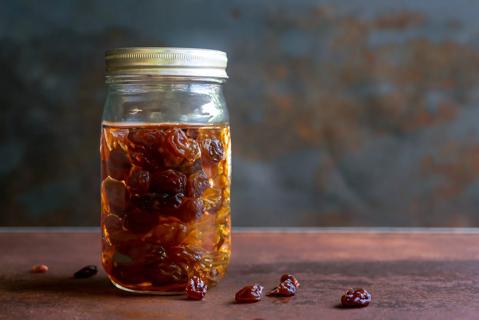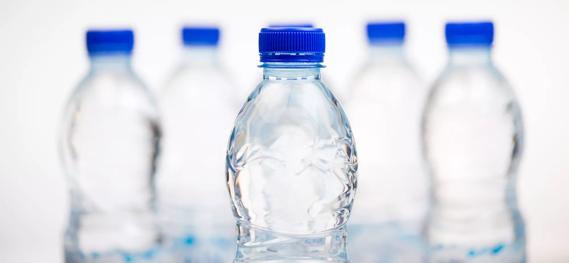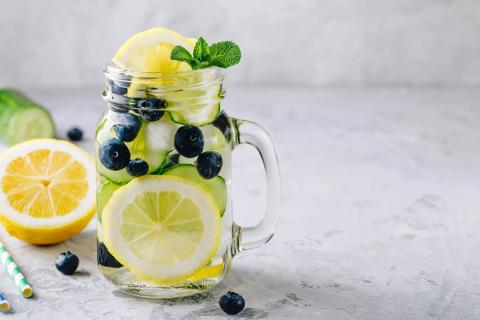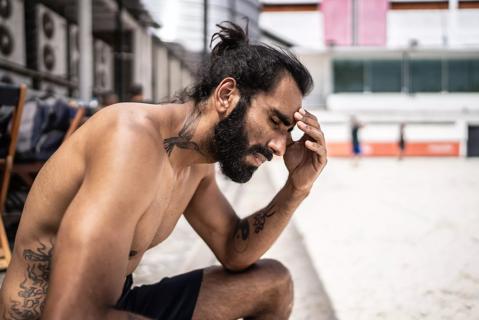Advertisement
Coffee is made up of mostly water, but it’s the caffeine you have to look out for

Any avid coffee drinker will tell you that a cup of joe is enough to turn any bleary morning into a productive day. But there’s a long-held common belief that the same energy-inducing caffeine content can dehydrate you because of its diuretic effects. So, are you setting yourself up for success by drinking coffee every day or are you setting yourself up for dehydration?
Advertisement
Cleveland Clinic is a non-profit academic medical center. Advertising on our site helps support our mission. We do not endorse non-Cleveland Clinic products or services. Policy
According to registered dietitian Beth Czerwony, RD, LD, dehydration is unlikely unless you’re chronically over-caffeinated and not getting enough water in other ways. She explains how much caffeine you need for dehydration to be a risk and ways you can counteract the effects of caffeine throughout the day.
Coffee makes you pee (it also makes you poop). That’s because coffee contains caffeine, which is a natural diuretic. Diuretics increase your body’s production of urine by helping your kidneys draw out extra salt and water. Healthcare providers will often prescribe diuretics to help with conditions like high blood pressure, heart failure and edema because it helps widen your blood vessels and clears out extra fluids building up in your body.
“A diuretic is any kind of chemical that the body responds to by eliminating fluid from the body,” explains Czerwony.
But as coffee is made up of more than 95% water, its diuretic effects are often too low to dehydrate you on its own. In fact, regular coffee drinkers will experience even less of its diuretic effects because their bodies can build up a tolerance to caffeine over time.
The U.S. Food and Drug Administration (FDA) recommends adults should have no more than 400 milligrams of caffeine a day (and kids have far more limitations). If you’re drinking more than the recommended amount of caffeine, you can run the risk of dehydration especially if you’re only drinking caffeinated beverages throughout the day or you’re not taking in enough fluids.
“Coffee itself is not what’s going to dehydrate you — it’s about having a caffeine overload,” clarifies Czerwony. “If you’re drinking caffeinated beverages throughout the day like coffee, fortified teas, energy drinks and sodas, what’s really important is that you also add in plain or flavored non-caffeinated waters to help decrease the chances of you becoming dehydrated.”
If you’re a newbie trying out a 5-hour energy drink for the first time and you’re not used to drinking a lot of water, for example, your risk for dehydration is higher than someone who drinks coffee on the regular. The same can be said for anyone who drinks more than a pot of coffee a day, every day, and is chronically dehydrated but might not know it.
“For people who aren’t normally dehydrated, they’re probably going to notice symptoms a little bit sooner and a lot more severe than somebody who’s chronically dehydrated all the time,” says Czerwony.
If you’re dealing with dehydration, you might experience symptoms like:
“If you have chronic dehydration, you may not necessarily get the headaches or nausea, but the problem is that it can impair the functioning of your kidneys over time,” notes Czerwony. “If you have a hard time maintaining fluid balance, your kidneys have to work a little bit harder.”
If you’ve been drinking coffee all day and you suddenly feel hot, or you’re experiencing any of these symptoms, you should drink some water right away. You can drink regular, plain water or even flavored water that’s non-caffeinated. Electrolyte beverages can also be helpful, especially if you’re dizzy or fatigued.
“Depending on your level of dehydration, you could feel the effects of drinking water anywhere from 15 to 20 minutes after drinking it,” Czerwony adds.
Advertisement
All of this is to say that you likely don’t have to give up caffeine and coffee completely, but you can certainly drink coffee more responsibly by alternating your caffeine intake with water. Doing this not only avoids any potential risk for dehydration, but water also has other benefits that pay off in the long run. Plus, there are decaf and half-caff beverage options.
At the end of the day, says Czerwony knowing your own limitations and taking a personal inventory of what’s going on with your body is the best thing you can do when it comes to determining whether or not a second cup of coffee is worth the grind.
“It’s good to know your own level of tolerance and recognize when something feels off in your own body,” she says. “If you feel like there’s a problem, it’s probably a problem, and it’s something worth talking about with a provider if it’s causing you some concern.”
Advertisement
Learn more about our editorial process.
Advertisement

You can reduce your risk by not swallowing water and showering before and after swimming

Adding salt to your water isn’t going to have measurable benefits — but there may be plenty of downsides

From bug bites and blisters to sunstroke and swimming safety, here’s how to stay well this season

Drinking untreated water can have dangerous consequences, like bacterial infections

Raisins have a number of health benefits when eaten — but raisin water probably won’t do much for you

Although it adds to your hydration, this water may be pushing you over the limit of the daily recommended dosage of caffeine

If you’re trying to drink less soda or fewer sugary drinks, flavored water can be a delicious and healthy alternative

Your body works overtime to keep you cool on hot summer days, bringing on sun fatigue

Focus on your body’s metabolic set point by eating healthy foods, making exercise a part of your routine and reducing stress

PFAS chemicals may make life easier — but they aren’t always so easy on the human body

While there’s little risk in trying this hair care treatment, there isn’t much science to back up the claims